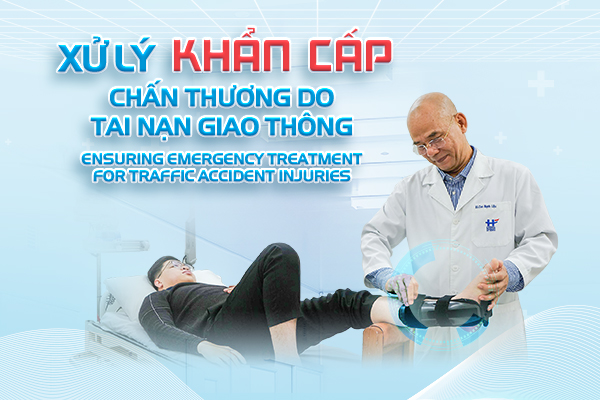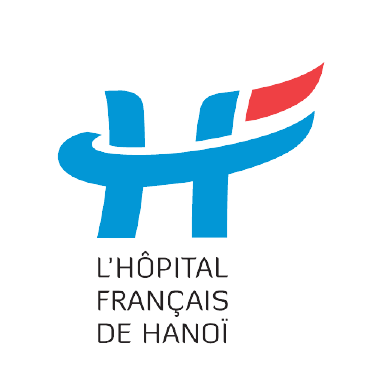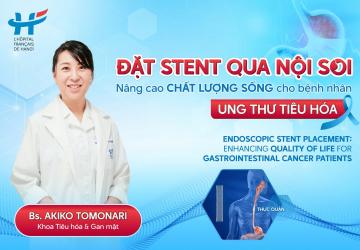News - Wed, 02/07/2024 - 09:28
Ensuring emergency treatment for traffic accident injuries
Last update 02/07/2024 - 09:32
As the Lunar New Year approaches, the hustle and bustle of spring's arrival is palpable both inside homes and on the streets. Everyone is busy preparing for a joyful and warm Tet. Traffic accidents are something no one wishes for, yet they become more likely due to increased travel needs and crowded streets.
Dr. Cao Manh Lieu, with years of experience in the Orthopedics and Traumatology department at Hanoi French Hospital says, "Injuries from traffic accidents vary in severity and can have long-lasting health impacts if not treated promptly.”
Common injuries from traffic accidents include:
- Head injuries
- Chest and abdominal trauma
- Limb and spinal injuries, including pelvic bones
With the ability to communicate fluently in Vietnamese, English and French, Dr. Lieu has treated many patients and always keeps up to date with the most advanced techniques. Doctor notes that the most dangerous aspect for those injured in traffic accidents is external or internal bleeding. The risk of ruptured hollow organs or pneumothorax is also significant. These conditions can threaten a patient's life.
Accordingly, in the event of a traffic accident injury, it is crucial to urgently transport the patient to a medical facility equipped to intervene and treat them promptly.
—------------
As one of the leading international hospitals in Vietnam, Hanoi French Hospital provides Emergency - Support services when you need them most:
- Operating 24/7 throughout the Tet holiday
- Meeting all emergency healthcare needs for patients of all ages and specialties.
- A team of emergency physicians, anesthesiologists, pediatricians, obstetricians, and nurses are always ready
- The imaging department offers a full range of services including ultrasound, X-ray, CT scans, and MRI
- The laboratory provides all necessary emergency tests
- Operating rooms are ready 24/7 for surgical cases.
- Ambulances fully equipped are always on standby to serve patients




